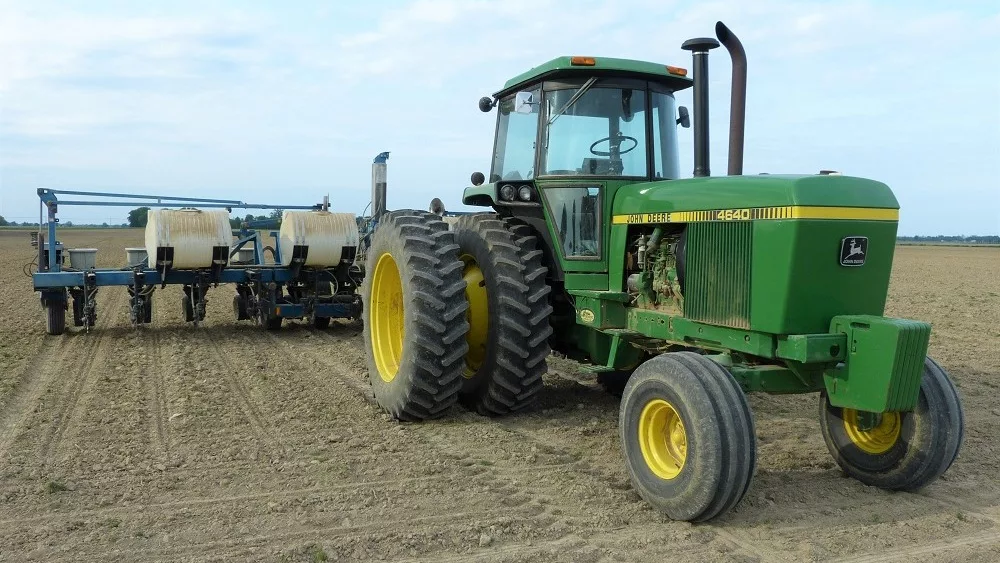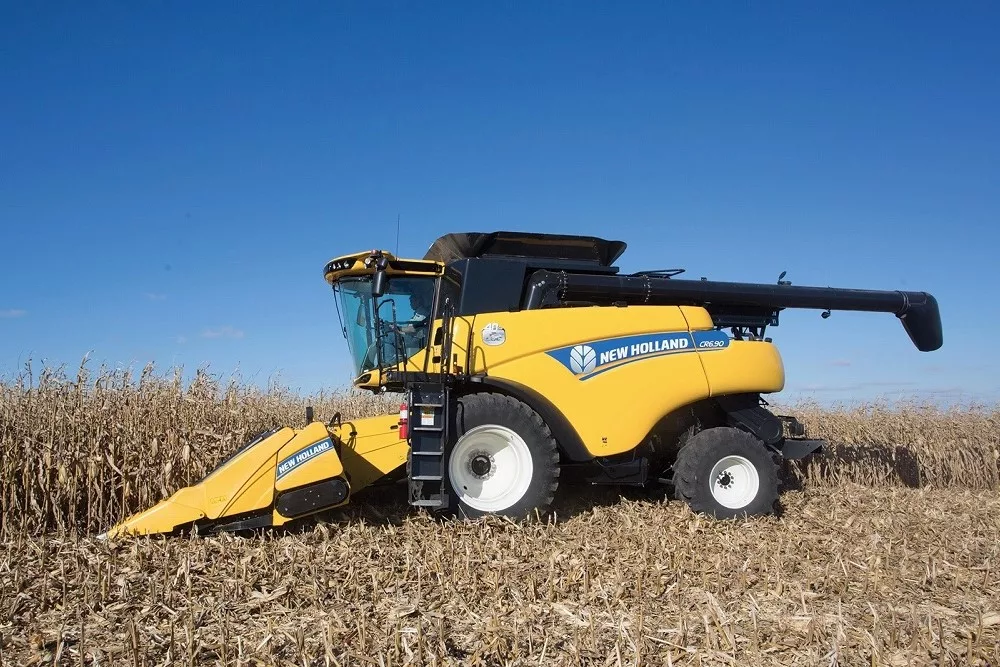
The hucksters pushing a proposal that would rob rural voters of a voice in Michigan’s elections are packing up their wagons — for now.
In October, Michigan Farm Bureau warned members — and anyone who supports Michigan having a say in who becomes president — not to sign a petition calling for the state’s electoral college votes to go to the winner of the national popular vote.
Last year, the state board of canvassers approved summary language for a ballot initiative that would add Michigan to a coalition of states that want to send their electoral votes to whichever presidential candidate receives the most votes nationally.
According to MFB Government Relations Specialist Matt Kapp, the group behind the ballot initiative is kicking the can down the road as they desperately try to get the signatures needed to place on a future ballot.
“There were going to be a lot of time restraints and a deadline that was going to push them to get the signatures to make the ballot in 2022, so they’re delaying their efforts until the 2024 ballot,” Kapp said.
The group was facing a June 1, 2022, deadline to turn in 340,047 signatures that needed to be collected in a 180-day period. Because of this, they’ll need to start from scratch collecting signatures for their next push.
That means the well-paid canvassers who have lingered outside of places like grocery stores and sporting events doing anything they can to get signatures — including pandering to both sides of the political aisle — will be back at it in the future.
“There’s so much money behind this ballot proposal that they’re willing to wait a few years to try and con voters again,” Kapp added.
This game is nothing new to the wealthy elites who support it — in fact, efforts to change Michigan’s electoral college process go back more than 15 years.
“They want you to think this is a grassroots effort, but in reality, it’s a ploy by hired guns to wrestle power away from rural voters and funnel it to big cities on the East and West coasts,” Kapp said.
“If they’re willing to spend enough money, they could very well get the signatures they need. That’s why Michigan Farm Bureau continues to fight back and protect rural voices.”





